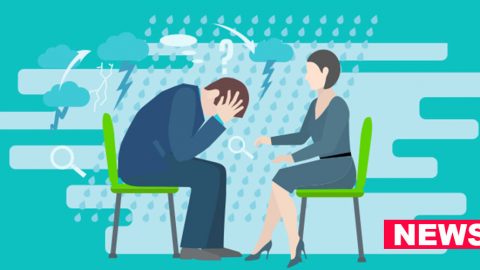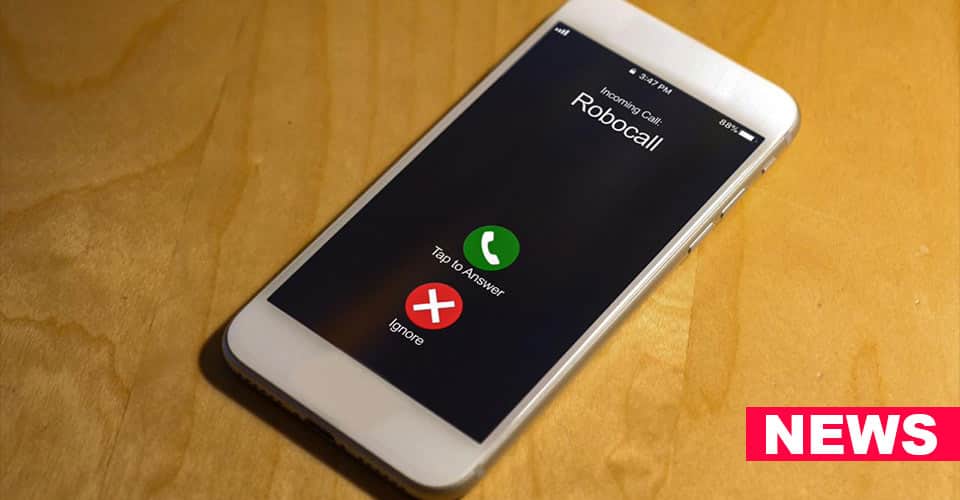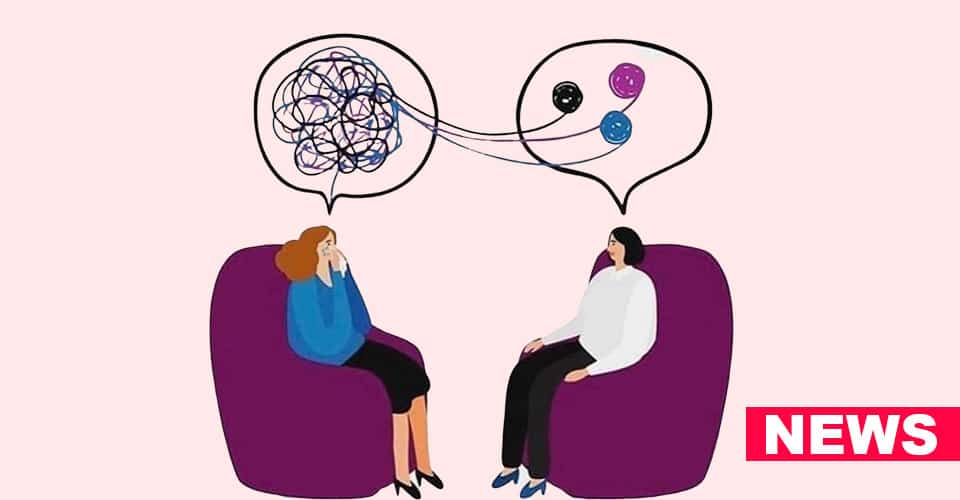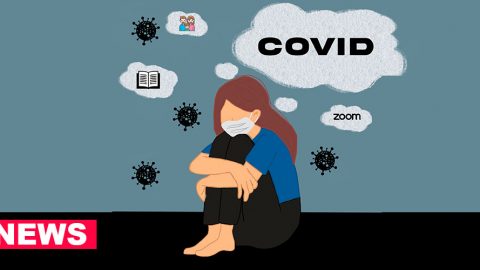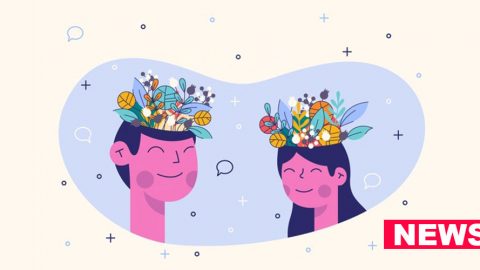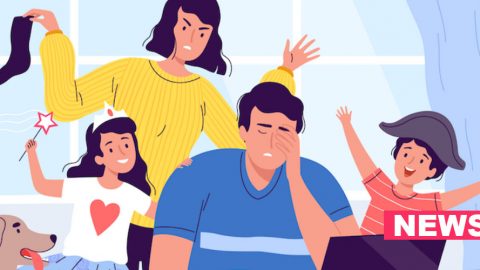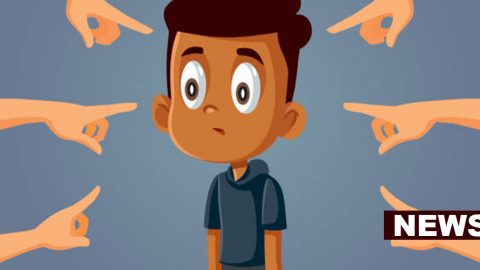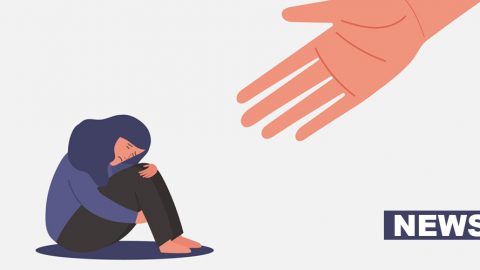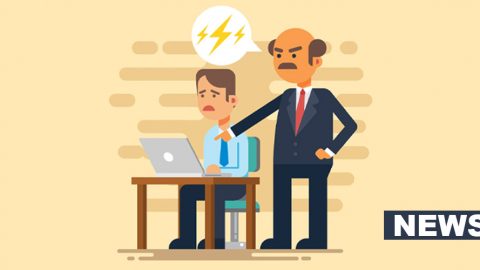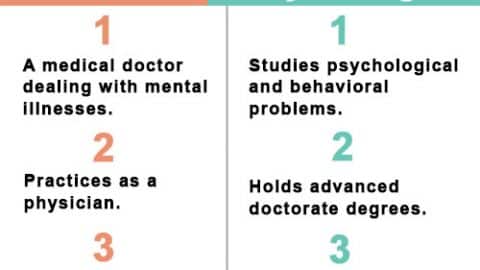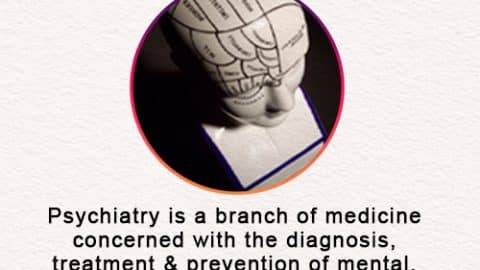In recent years, the United States has grappled with a pressing national crisis: the severe shortage of mental health professionals. AI is already demonstrating its potential to revolutionize the field of mental health care and AI and employee mental health enhancement can be one of the greatest partnerships.
As of March 2023, a staggering 160 million Americans find themselves residing in areas where the availability of mental health practitioners falls significantly short of what is required to meet the growing demand.
This shortage has dire consequences, resulting in overburdened therapists, patient delays, mounting frustration, and a widespread loss of confidence in a mental health system that appears to be faltering. The urgency of the situation underscores the need for timely and accessible mental health care.
For many individuals seeking support for emotional and work-life challenges, Employee Assistance Programs (EAPs) serve as the initial point of contact. These programs offer vital resources and counseling services to employees facing a range of issues.
However, the scarcity of mental health professionals has prompted EAPs to explore innovative solutions, with artificial intelligence (AI) emerging as a promising contender.
The question at the forefront of this evolving landscape is to what extent AI can replace the functions traditionally performed by EAP counselors.
This pivotal discussion took center stage at the 2023 Spring Conference of the National Behavioral Consortium, a distinguished trade association comprising thought leaders from top-tier EAPs, behavioral health firms, and partner companies.
The Promising Partnership of AI And Employee Mental Health
One notable advantage lies in the capacity of AI to streamline EAP operations. Tasks such as recruiting counselors, scheduling appointments, conducting research on work-life issues, managing billing processes, and engaging with website visitors can all be significantly enhanced through AI-driven solutions.
This newfound efficiency allows EAPs to optimize their workflows, channeling resources more effectively and ultimately benefiting those in need.
Moreover, AI-powered tools can assist in the early identification of individuals who may require mental health support.
By analyzing data and identifying behavioral patterns, AI can help EAPs proactively reach out to employees who may be experiencing emotional distress or work-related challenges.
This proactive approach can lead to earlier intervention and support, potentially preventing more severe issues down the road.
While AI holds promise, it is not without its challenges and limitations. The human element of mental health care, marked by empathy, understanding, and the ability to establish a therapeutic relationship, cannot be entirely replicated by technology.
AI can augment the process, but it cannot fully replace the role of human counselors.
Furthermore, concerns about data privacy and security are paramount when implementing AI solutions in the mental health domain.
Ensuring that sensitive patient information remains confidential and protected is essential to building trust and safeguarding individuals’ well-being.
Ethical considerations also come into play. Decisions made by AI algorithms must align with ethical guidelines, and the potential for bias in AI-driven assessments and recommendations requires ongoing scrutiny and mitigation.
The path forward involves striking a delicate balance between harnessing the benefits of AI and preserving the core human elements that make mental health care effective and compassionate.
AI can play a pivotal role in supporting EAPs, enabling them to provide more efficient and accessible services. Automation can handle administrative tasks, allowing human counselors to focus on the therapeutic aspects of their roles.
AI-driven tools can offer insights and recommendations, but the ultimate decisions and interventions should remain in the hands of trained mental health professionals.
As AI continues to evolve, stakeholders in the mental health field must collaborate to establish clear guidelines and ethical frameworks for its use.
Ensuring that AI serves as a tool for enhancing mental health care rather than replacing it is a shared responsibility.
In conclusion, the shortage of mental health professionals in the United States has reached crisis proportions, demanding innovative solutions.
AI presents a promising avenue for EAPs to augment their services, enhance efficiency, and proactively support employees facing mental health challenges.
However, the intrinsic human aspects of mental health care should remain at the forefront, with AI serving as a valuable complement rather than a replacement.
By navigating the promises and pitfalls of AI wisely, the mental health field can strive to bridge the gap and provide much-needed support to those in need.






